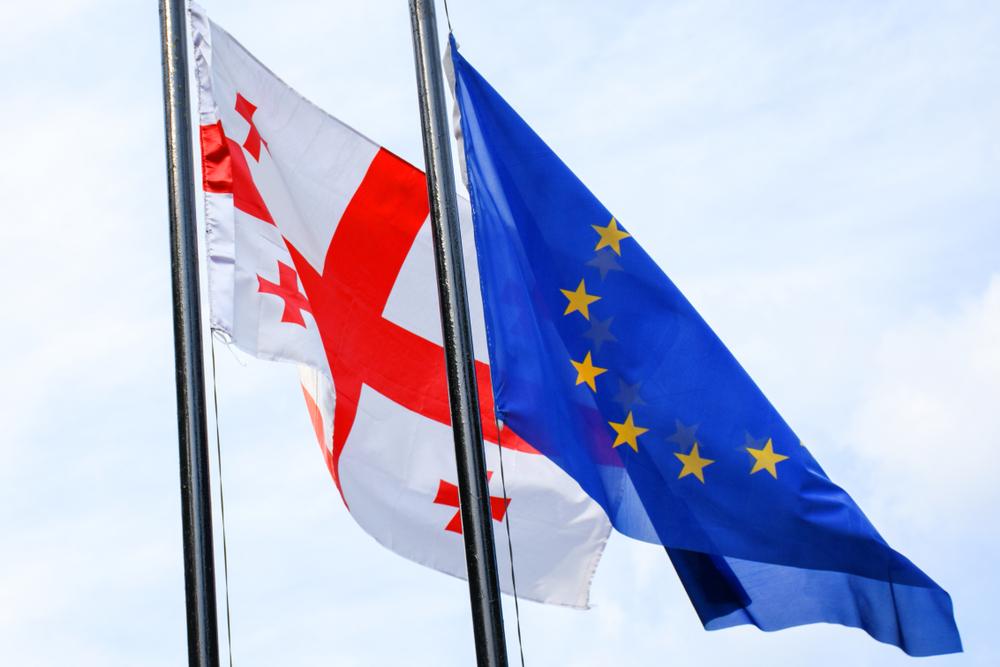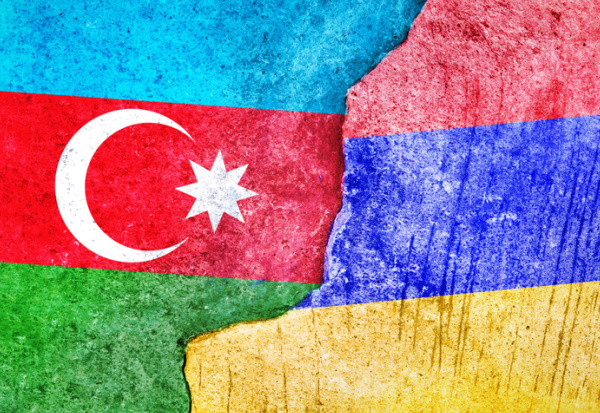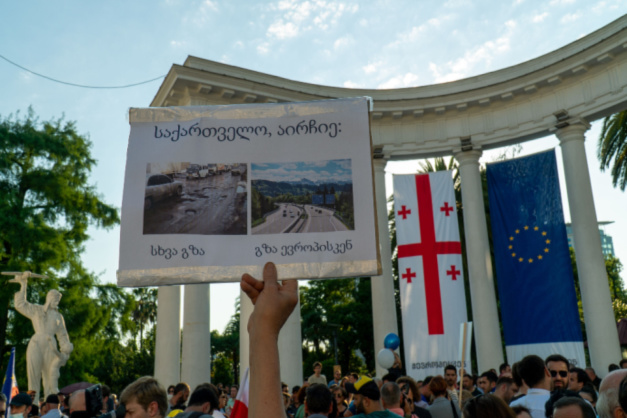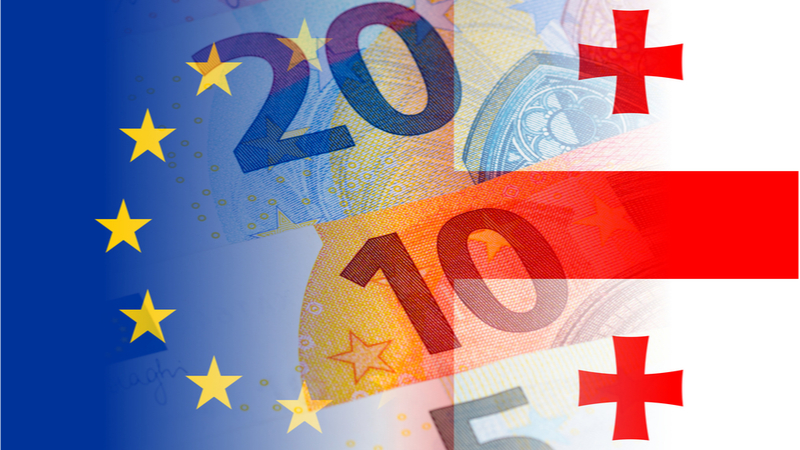Navigating Complex Choices: The EU's Dilemma With Georgia
By Kornely Kakachia
November 30, 2023
On November 8, the European Commission recommended granting candidate status to Georgia. The acceptance or rejection of these recommendations will be determined by a vote from the 27 EU member states in mid-December. If approved by the European Council, this decision would mark a significant milestone in Georgia’s extensive pursuit of European integration, reflecting the historical transformations occurring in the region. As the EU endeavors to anchor Georgia within its newly defined geopolitical sphere, the country is still required to address nine priorities, along with two additional conditions related to combating disinformation. These include countering anti-EU disinformation, foreign information manipulation, and interference against the EU’s values. Another pivotal condition for Georgia involves ensuring a closer alignment of its foreign policy with the EU’s Common Foreign and Security Policy (CFSP).

The U.S. Role in International Mediation of the South Caucasus Peace Process
By Robert M. Cutler
June 26, 2023
Intensive rounds of negotiations between Armenia and Azerbaijan over the past few months seem to be hitting a pause. Some progress has been made via each of the now-existing three tracks sponsored respectively by Russia, by the EU, and by the U.S. These have shown a certain limited mutual complementarity, yet crucial issues still await authoritative resolution. At present, only the U.S. would appear to have the goal of a final peace treaty firmly in sight. The process presided by Council of the EU President Charles Michel in Brussels may potentially still be helpful, but the activity of other EU institutions has become obstructive. U.S. diplomacy should not allow the current momentum to dissipate.

EU dashes Georgia's hopes for candidate country status
By Natalia Konarzewska
July 8, 2022
Georgia made a big leap towards membership in the European Union on March 3 when it submitted a formal application for EU candidate country status alongside Moldova and shortly after the same move by Ukraine, which granted them the nickname of Associated Trio. Yet despite high hopes on June 17, the European Commission recommended that Ukraine and Moldova, but not Georgia, should be awarded candidate country status. A few days later, the EU leaders endorsed this decision based on Georgia’s recent democratic backsliding. Instead, Georgia was offered a “European perspective”, a roadmap to qualify for candidate status in the future.

Is Georgia at risk of losing its European perspective?
By Beka Chedia
November 26, 2021, the CACI Analyst
On August 31, Georgian authorities announced that they declined a loan of 75 million Euros from the EU, since they already had sufficient resources and did not the assistance from the EU. This was preceded by a warning from the European Council President Charles Michel about the potential freezing of macro financial aid unless Georgia makes progress in democratic reforms. The Georgian authorities thus sent a tough political message to Brussels, objecting to Brussel’s interference in the country’s domestic political process. Due to the crisis in relations with the EU, Georgia faces a real danger of losing its European perspective.

Is Washington re-engaging Baku?
By Stephen Blank
January 19th, 2016, The CACI Analyst
Throughout its tenure, the Obama Administration has minimized U.S. involvement with and engagement in both the Caucasus and Central Asia. However, a change in this policy may now be visible. Secretary of State John Kerry’s recent, and first, visit to Central Asia suggests a new interest in an expanded and hopefully regular mutual dialogue with the region. In the case of Azerbaijan, three high-ranking U.S. delegations have come through Baku in the last few months, clearly signifying renewed interest in dialogue and the subjects of their discussion, as revealed in the press, tend to corroborate that impression.





